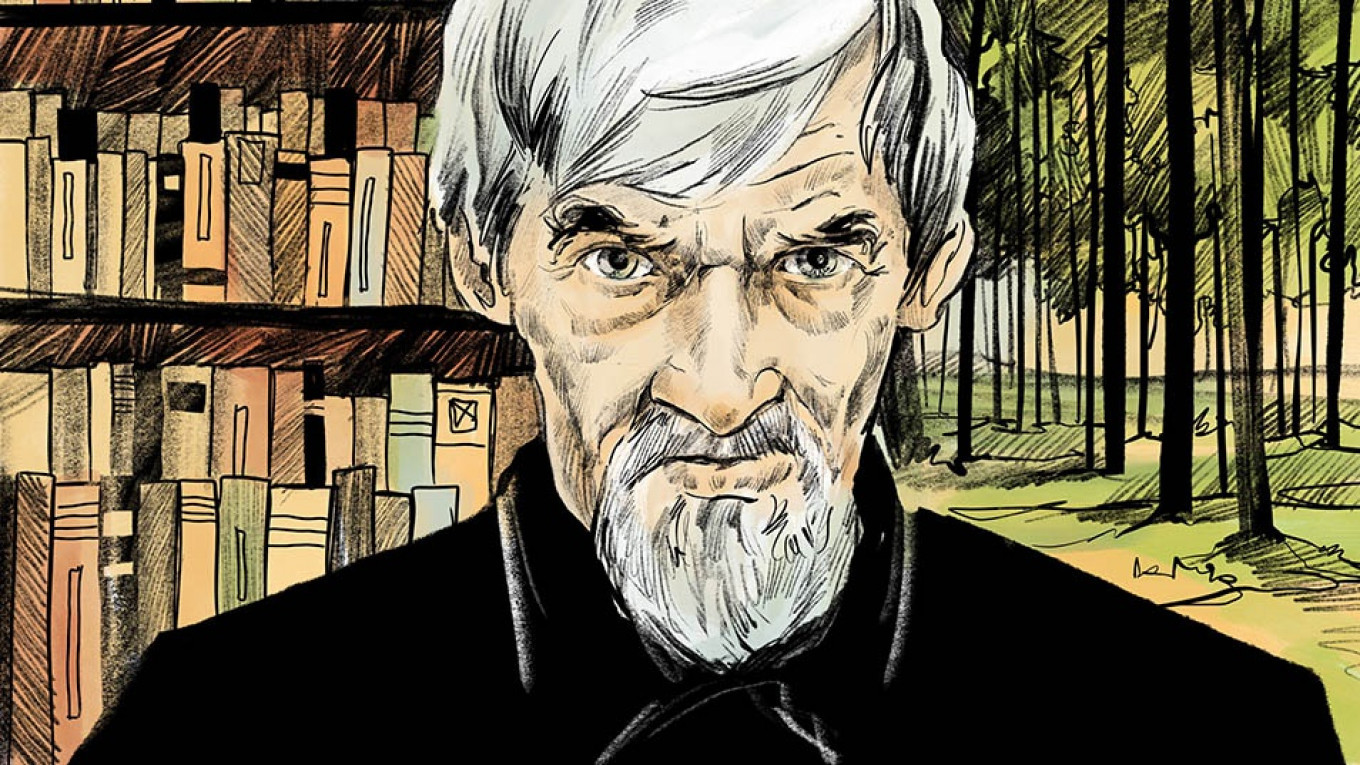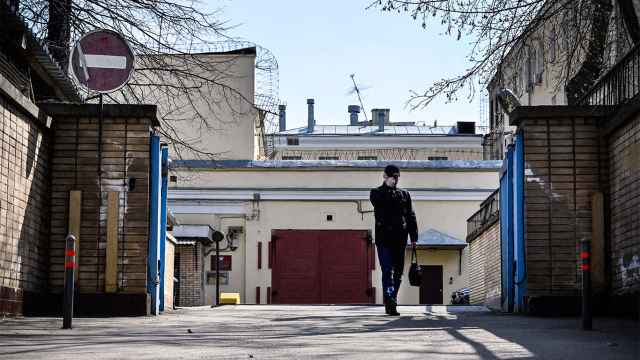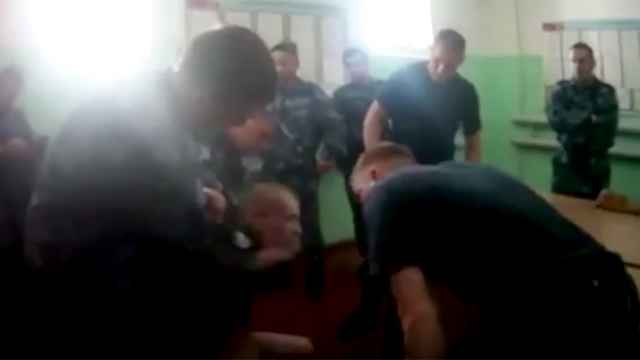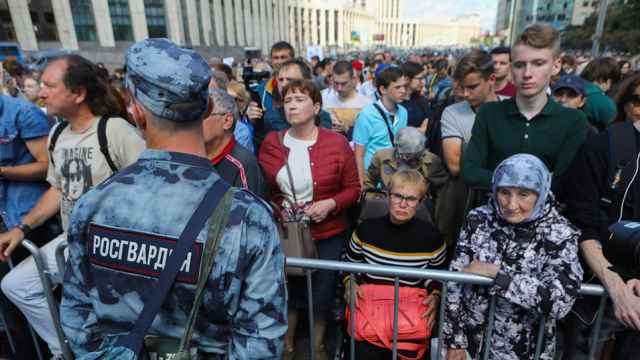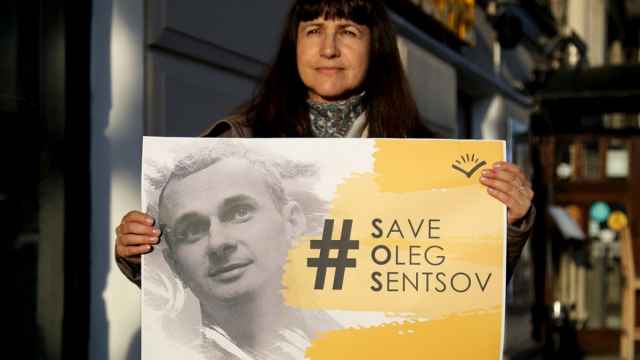The U.K. has reiterated calls for the release of Yury Dmitriyev, a Russian historian who discovered Stalin-era mass graves and is currently being held in pre-trial detention on charges many say are politically motivated.
Dmitriyev, 64, is the head of the Karelian branch of Memorial, an independent NGO that researches Soviet political repression and human rights. He was first arrested in December 2016 after authorities searched his home and discovered naked photos of his adopted underage daughter on his computer. Dmitriyev dismissed the child pornography accusations, saying he the photos of his daughter — who was malnourished when she was taken into care by Dmitriyev and his former wife — were to monitor her health and physical development for child services.
The arrest came just weeks after Russia had placed the International Memorial Society on its list of foreign agents — a designation used by the Russian authorities to vilify and neuter independent NGOs. Dozens of prominent cultural figures in Russia, as well as international human rights groups rallied to Dmitriyev’s defense. He was first acquitted in April 2018, but taken back into custody two months later on connected charges his lawyer says carry a penalty of up to 20 years in prison.
The Karelia Supreme Court rejected an appeal by Dmitriyev’s lawyers to grant early release on health grounds in early May. Dmitriyev is in an at-risk group for Covid-19 due to his age and recent serious respiratory illness, his representatives say. There have been two confirmed cases of the coronavirus in the detention facility in Petrozavodsk where he is being held, Russian news outlet 7x7 reported.
In a virtual meeting of the permanent council of the Organization for Security and Cooperation in Europe (OSCE), Helen Teasdale, first secretary at the UK Delegation again raised his case. “The United Kingdom remains deeply concerned by the ongoing detention of Yury Dmitriyev, prominent historian and head of Memorial’s Karelia branch. We call for his release from pre-trial detention as an immediate first step,” she said.
The U.K. said Dmitriyev has “dedicated his life to investigating crimes committed during the Stalinist era [and] worked tirelessly over three decades to document mass graves in the Karelia region and identify the individual victims within them.”
“No one should be targeted as a result of their work to document and establish the truth about historical human rights violations,” Teasdale added.
The OSCE — a 57-member body which includes Russia — is regularly used as a forum by states to raise concerns about human rights violations.
A Message from The Moscow Times:
Dear readers,
We are facing unprecedented challenges. Russia's Prosecutor General's Office has designated The Moscow Times as an "undesirable" organization, criminalizing our work and putting our staff at risk of prosecution. This follows our earlier unjust labeling as a "foreign agent."
These actions are direct attempts to silence independent journalism in Russia. The authorities claim our work "discredits the decisions of the Russian leadership." We see things differently: we strive to provide accurate, unbiased reporting on Russia.
We, the journalists of The Moscow Times, refuse to be silenced. But to continue our work, we need your help.
Your support, no matter how small, makes a world of difference. If you can, please support us monthly starting from just $2. It's quick to set up, and every contribution makes a significant impact.
By supporting The Moscow Times, you're defending open, independent journalism in the face of repression. Thank you for standing with us.
Remind me later.


